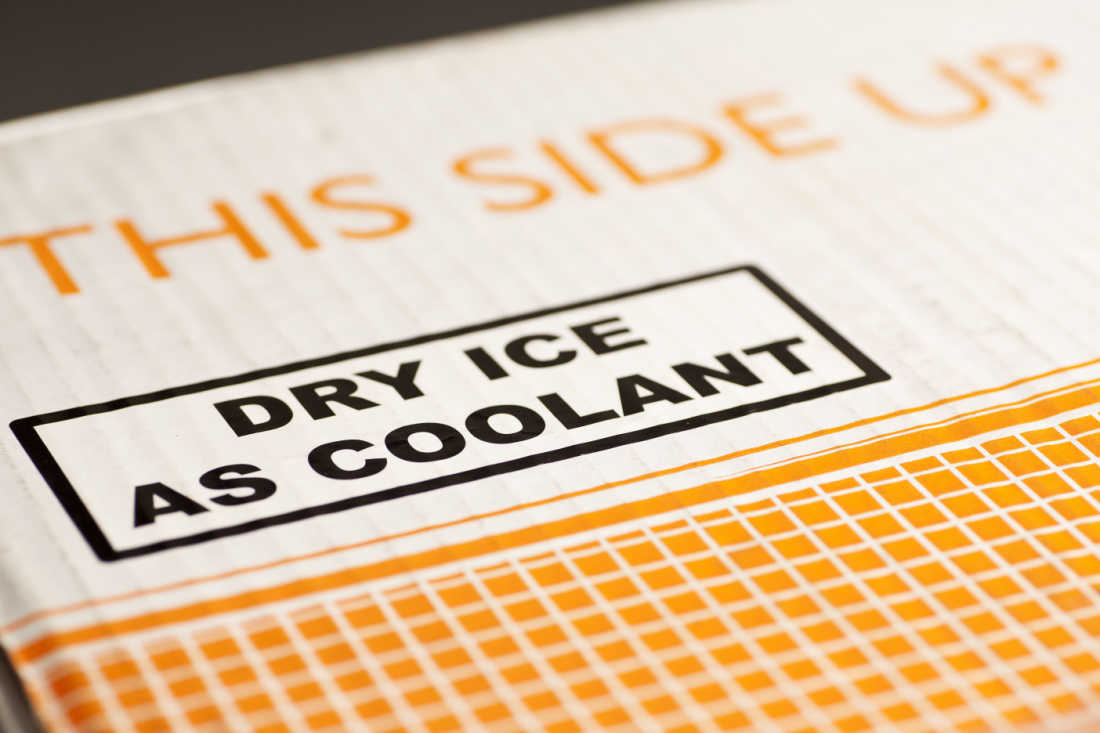Is an Import License for Biological Samples Necessary in China?
If you’re shipping biological samples then almost always: Yes.
Roughly 90% of the time, an import license is required for the consignee to receive the package in China when a biological sample is being shipped. Dealing with Chinese customs can be cumbersome, and if you don’t have an import license, your package can sit in a warehouse for weeks. The consignee, the package's recipient in the destination country, is responsible for getting the proper import license. When working with a partner or customer overseas, ask that they begin the application process far enough in advance — it takes one to two weeks for the license to be granted.
 What Customs Paperwork Should I Gather?
What Customs Paperwork Should I Gather?
Chinese import license applications are specific, and in case of a customs inspection, agents must be able to open your package up and confirm what’s inside. Many healthcare and life sciences companies relying on specialty cold chain shipping are coming up with entirely new products — that means the paperwork will take time to complete with accuracy.
Prepare the following:
- Packing list
- Obtain your HS number to identify what it is you are shipping
- Material safety data sheet copies (MSDS)
- Import license application
- Shipping label (also known as: bill of lading)
- Photos of the materials: In some cases, photos of the materials will be necessary (e.g. a photo of a vial label)
How Do I label My Package?
Include a standard UN1845 dry ice label, a requirement for anything with dry ice. Include shipper and consignee information, and make sure to include the net quantity of dry ice in the package, in kilograms. Make sure the amount on the dry ice label matches the amount on the label. If there’s a time gap between packaging and shipping, re-weigh to see if any of the dry ice sublimated and ensure the latest amount is on the label. If shipping through FedEx and UPS they often don’t reweigh packages to confirm the package has the amount of dry ice listed on the label, but when shipping through a specialty cold chain service the airlines would reject it if the dry ice weight information is incorrect.
What Happens To My Cold Chain Package During Transit?
When shipping a specialty cold chain shipment the first touchpoint is a courier coming to pickup your package. The driver will go directly to the airport and tender the cargo to the airline that your cargo is flying on. The vast majority of shipments go direct, with no connecting flight to limit the number of touchpoints where issues could occur. Occasionally, your package may have a stop during its trip around the world. Specialty cold chain carriers have a network of agents to provide cold or frozen storage while the cargo is waiting at an airport.
Once in China the cargo is broken down and placed in storage. Many Chinese airports have two warehouses, one for cold storage and another for ambient storage so it’s critical to ensure your cargo goes to the correct warehouse while awaiting customs. When in the frozen storage warehouse, your shipment can be re-iced while awaiting customs clearance. However, if for example, your import license isn’t specific enough your shipment can be stuck in customs for days or weeks and re-icing charges add up quickly. After customs releases the cargo, a courier will deliver the shipment to it’s recipient the same as when it was first picked up.
What is the Best Packaging to Use?
Packing dry ice requires specific care to ensure the correct validated shipper is used. There are multiple options for validated shippers depending on the size of the shipment and the time it needs to maintain it’s temperature.
Delivery to China is often 72+ hours, so packing enough dry ice is critical, and thermal packaging will help. There’s various levels of thermal packaging quality:
- Styrofoam (or PolyStyrene): dry ice sublimates at 7-10 pounds per day and the Styrofoam container only slows the cooling process slightly
- Polyurethane: More expensive than Styrofoam; lasts 4-5 days by better insulating than Stryofoam
- Vacuum insulated: Fragile, most expensive, but provides the most insulation to last the longest
What If I Don’t Have the Time or Resources to Handle Cold Chain Shipments?
Mercury ships to China regularly on behalf of many companies. We partner with the best validated thermal packaging, GPS tracking and temperature monitoring device manufacturers to provide our clients with a single, comprehensive solution. Learn more about our specialty cold chain shipping here.

 What Customs Paperwork Should I Gather?
What Customs Paperwork Should I Gather?